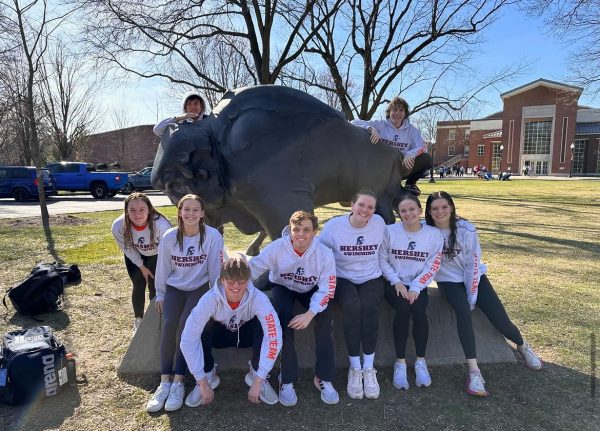Pushing for Higher Education
February 2, 2017

College: a topic of controversy for many people.
Go to college, get a degree, get a job, make money. This is a story many students know and believe. A college degree may seem to help people get a job and make money in an increasingly expensive world, but it is not the only option. Trade schools, entering the military, joining the peace corps, or becoming an entrepreneur are all viable alternatives to attending college.
In 2015, the average income of recent college graduates was $43,000, according to CNN Money. When compared to the $25,000 made by only high school graduates, it seems like college is the right option for financial success. Yet, CNN Money also said that 36% of college-aged students make $45,000 a year in jobs that don’t require a college degree.
There are many financially stable jobs that do not require a college degree. Some include MRI technologists, computer support specialists, radiation specialists, dental hygienists, medical sonographers, and web developers. According to U.S. News and World Report, all of these jobs make an average of $60,000 a year.
The average college graduate made roughly $50,000 in 2015 according the National Association for Colleges and Employers. As for the income of trade jobs, it can range anywhere from $20,000 for a construction worker to $70,000 for a nursing tech, U.S. News and World Report said.
Though trade workers make less money than college graduates, they typically have fewer loans. The average college graduate has to pay close to $33,000 a year while the average trade worker pays $30,000 for his or her entire schooling. For an example, Thaddeus Stevens College in Lancaster, PA give full grants to many of their students. Thaddeus Stevens College boasts a 96% job placement rate for their 2012 graduating class.
Career schools or two-year public technical and community colleges are less expensive, more hands on, and can lead to degrees that pay well. On top of all of that, going to a career school or community college requires significantly less time, according to CNBC. For those who still want to get a post-secondary education without going to a mainstream college or university, there are possible alternatives.
Unlike traditional college educations, career schools teach a job-specific curriculum, offering curriculum to help students get jobs in virtually any career. Jobs in electrical, transportation, and construction are the most common, according to Forbes. Some community colleges, stand alone institutions, and high schools offer trade education.
Although nontraditional higher education schools have many benefits, taking the mainstream college route does allow for a more varied education. At a college or university, students have the ability to not only apply undecided, but they also have the choice to change their major. If a trade school student wants to switch trades, they have to completely restart schooling.
“…looking into a college degree program that gives you the time and opportunity to explore your interests through general education classes may be a good choice for you.” My College Guide, an organization dedicated to help people meet their career and personal goals, said.
College and trade schools have their financial and academic pros and cons, but they are both options. When choosing a path in life, many experts suggest looking at all of your options rather than just the traditional one. College works for some people. Trade schools work for others.




